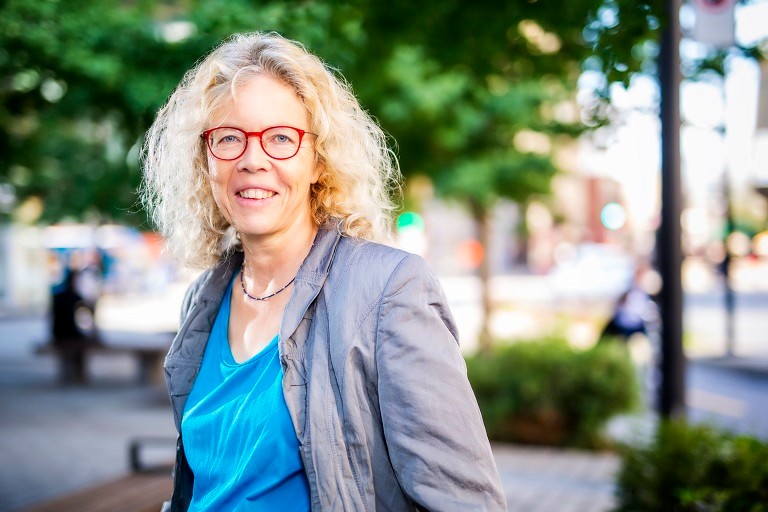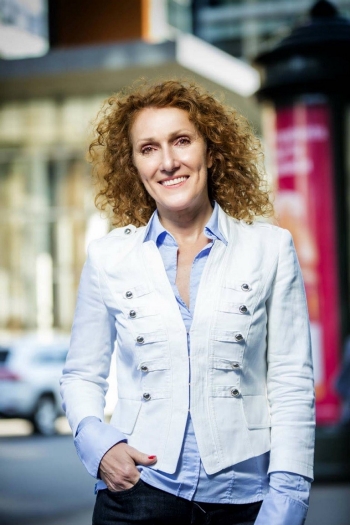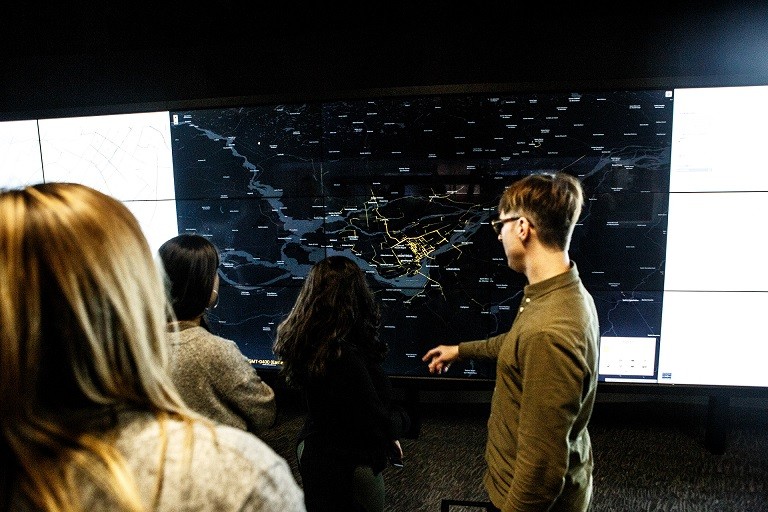Open, flexible and horizontal
Because many of the factors affecting sustainable cities are interconnected, addressing the problems facing next-generation cities requires a unification of diverse research efforts.
“We think of the city as an ecosystem. It’s about the resilience of the city, but that also means the resilience of the community,” says Cucuzzella.
“A large part of my own work is about establishing community-academic dialogue to foster new collective knowledge. The underlying vision is one where design becomes a critical and creative platform for an inclusive and collective making of the city,” she says.
“As an institute, we want to build new knowledge about the integrated, sustainable design of our urban environments, passing from the technical, to the built, to the socio-cultural qualities of the city, and we want this knowledge to be shareable with other cities around the world.”

 Ursula Eicker, Professor, Building, Civil, and Environmental Engineering
Ursula Eicker, Professor, Building, Civil, and Environmental Engineering
 Carmela Cucuzzella, Associate Professor, Design and Computation Arts
Carmela Cucuzzella, Associate Professor, Design and Computation Arts



